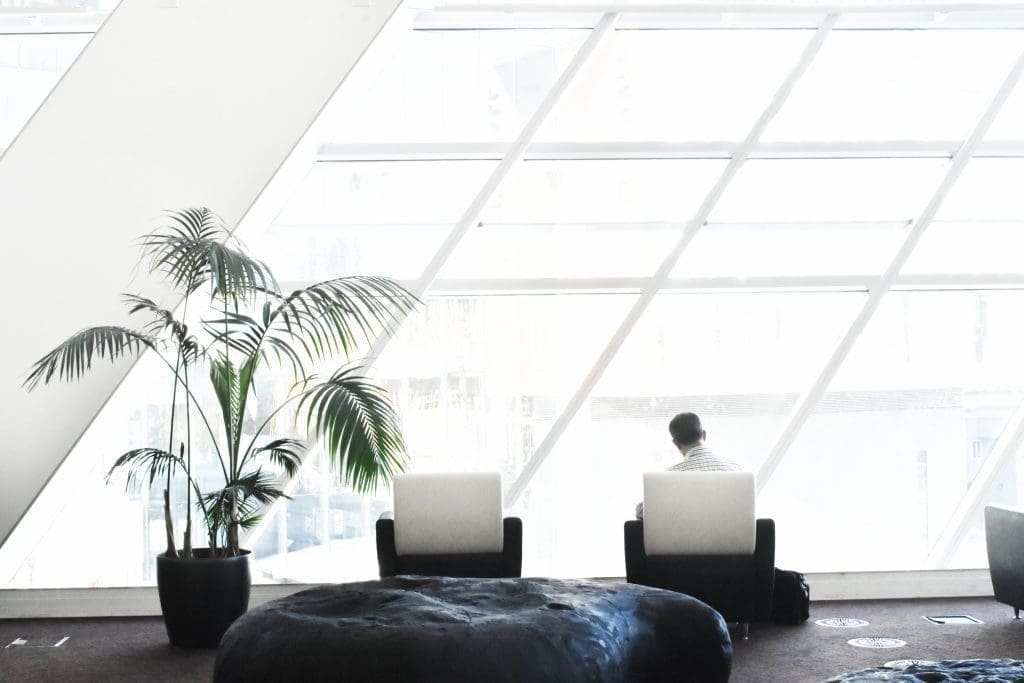Supreme Court Ruling: Defamation via Snapchat (Parody and the DIFC IP Law)
Case facts, arguments, and Federal Supreme Court ruling
In late 2018, a complaint was filed before the public prosecution alleging the editing and alteration of an advert video on Snapchat by the accused for purposes of mocking and defaming the advertiser (the complainant/victim).
The complaint was filed pursuant to Article 21 of the Cybercrime Law for using “an electronic information system or any information technology means for amending or processing a record, photo or scene for the purpose of defamation of or offending another person or for attacking or invading his privacy”, punishable with imprisonment of a minimum of one year and/or a fine of AED 250,000 to AED 500,000.
The defendant challenged the accusation on two grounds;
- That the complainant/victim had withdrawn the complaint.
- That the purported crime lacked financial or moral causation on the part of the defendant.
The criminal courts rejected the first argument on the grounds that withdrawal of criminal complaints pursuant to Article 16 of the Criminal Procedures Law is limited to the crimes laid out in Article 10 of the Criminal Procedures Law; theft, breach of trust, insult, slander, and other crimes, but does not include the Cybercrime Law provision subject of the complaint.
As for the second argument, the defendant argued that the accusation lacked financial or moral causation, arguing that the advertisement by the victim published via Snapchat was not edited by the defendant in malice.
The defendant argued that he had discovered a grammatical error in the advert which he commented on in an edited reproduction of the original video, with no intent to defame or insult the advertiser. This argument was also rejected by all levels of courts.
The Federal Supreme Court upheld the lower courts ruling in finding the defendant guilty of violating Article 21 of the Cybercrime Law.
In its judgment, the Federal Supreme Court reasoned that the reproduction of the victim’s original video that had been published via Snapchat and the defendant proceeding to publish the edited version via Snapchat was punishable as the act was for the purposes of creating parody out of the original content.
Fair use, parody, the DIFC IP law, and what this means for businesses
The Federal Supreme Court’s judgment raises questions towards the liability of parties in what could generally be considered as fair use for a limited and transformative purpose, to comment upon, criticize, or parody works (such as multimedia/social media).
Between 2006 and 2009, Mac (Apple) ran 66 television spots that parodied Microsoft. In 2014, IKEA published an advert on YouTube that parodies Apple’s iPhone. In 2019, BMW published an advert that parodies the retirement of Mercedes-Benz’s CEO, Dieter Zetsche, showing an actor playing Zetsche substituting a Mercedes-Benz for a BMW.
Business generally employ parody and satire for numerous reasons – sometimes targeted against other businesses for market exposure, at other times to sell content (such as satirical magazines).
Various jurisdictions generally allow for the reproduction of works for commentary and criticism, or parody, unless actual malice is proven, and in which case the threshold to evidence actual malice is generally high.
Recently, on 21 November 2019, DIFC Law No. 4 of 2019 on Intellectual Property was promulgated, and interestingly, the new law explicitly permits the use of a trademark registered in the UAE, or a well-known trademark, for parody purposes so long as the parody is conducted within the jurisdiction Dubai International Financial Center.
This is the first explicit statute on parody in the UAE.
Notwithstanding, the Federal Cybercrime Law is federal criminal legislation, which would essentially supersede the DIFC jurisdiction.
As for social media businesses, internal curator policies, geotagging, end-user license agreements, and other considerations must be addressed in light of these substantial novel developments.

